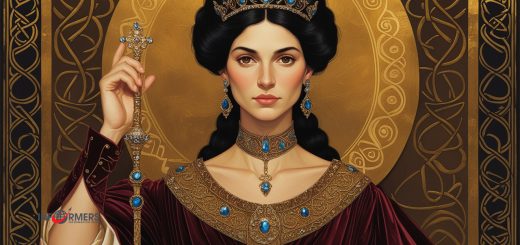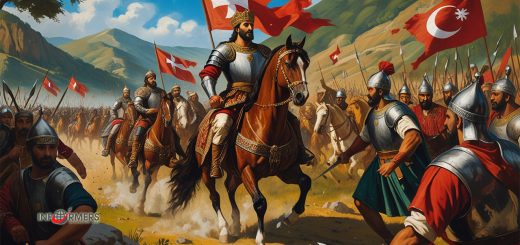The history of Greece is a rich and complex history

The history of Greece is a rich and complex history that spans millennia of various cultural, political and social changes. Here is a brief overview of the main stages and events in Greek history:
Ancient Greece (c. 2700 BC – 146 BC): This period is characterized by the rise of ancient Greek civilization. From ancient myths to great philosophers, from democracy to oligarchy, from the Olympic Games to the wars with the Persians – this time has left an indescribable legacy in the history of mankind.
Roman Greece (146 BC – 330 AD): Greece became part of the Roman Empire after the conquest. This period was associated with the political, cultural and social influence of Rome on Greece. Greek culture had a significant impact on the Romans.
Byzantine Greece (330 AD – 1453 AD): After the collapse of the Roman Empire, Greece became part of the Byzantine Empire, centered on Constantinople (now Istanbul). Byzantine Greece included periods of prosperity and decline, struggles with external enemies and internal conflicts.
Ottoman Greece (1453 AD – 1821 AD): In 1453, the Ottoman Empire captured Constantinople, ending the Byzantine Empire. Greece remained under Ottoman rule for almost four centuries, which led to many uprisings and struggles for independence.

Greek War of Independence (1821 CE – 1832 CE): This period marks the struggle of the Greeks for freedom from Ottoman rule. The war ended with the victory of the Greeks and the establishment of an independent Greek State.
Modern Greece (1832 AD – present): After the end of the War of Independence, Greece became a monarchy, then a republic, and experienced several political crises and coups. Since 1981, Greece has been a member of the European Union.
This is just a brief description of the history of Greece, which is actually much more complex and rich. Each of these periods has many details, events and figures that had a significant impact on the development of not only Greece, but also world history as a whole.
Minoan civilization: Flourished on the island of Crete in the 3rd-2nd millennia BC. BC, leaving numerous archaeological finds, including the chamber of the Minotaur at Knossos.
Mycenaean Civilization: Founded on the mainland in Lajeda, at the center of which was the fortified city of Mycenae, the relics of which still impress scientists.
Polis Period: Development of city-states (polises), such as Athens, Sparta, Corinth, which became centers of culture, politics and economics.
Persian Wars: A series of conflicts between the Greek city-states and the Persian Empire, including the famous battles of Marathon, Salamis and Thermopylae.
Golden Age of Athens: A period of cultural prosperity that included the reign of Pericles, the construction of the Parthenon, and the emergence of democracy.
Roman Greece (146 BC – 330 AD):
Greece within the Roman Empire: After the fall of Carthage, Greece became a province of the Roman Empire, which led to the spread of Roman culture and administrative reforms.
Cultural influence: Greek culture had a significant influence on Roman culture, particularly on philosophy, literature and art.
Byzantine Greece (330 AD – 1453 AD):

Empire of Constantinople: Greece became part of the Byzantine Empire, in which Constantinople (Modern Istanbul) became the center of Eastern Christianity.
Byzantine Culture: Byzantium preserved and developed the classical heritage of Greece, creating its own artistic and cultural traditions.
Ottoman Greece (1453 AD – 1821 AD):
Greece under Ottoman rule: Greece came under the rule of the Ottoman Empire after the capture of Constantinople.
Age of Turkish Conquest: Ottoman Greece experienced a period of Turkish conquest, which was accompanied by numerous uprisings.
Greek War of Independence (1821 AD – 1832 AD):
Fight for Freedom: The Greeks rebelled against Ottoman rule, starting the War of Independence.
Help from Foreign Powers: The war attracted the attention and support of many European countries such as Britain, France and Russia.
Establishment of Independence: As a result of the war, Greece emerged from Ottoman rule and became an independent state.
Modern Greece (1832 AD – present):
Creation of the State: After the end of the War of Independence, Greece became a monarchy and then a republic.
Political turbulence: The modern history of Greece is marked by political conflicts, coups and periods of instability.
EU Membership: In 1981, Greece became a member of the European Union, which led to significant changes in the country’s economy and politics.




















